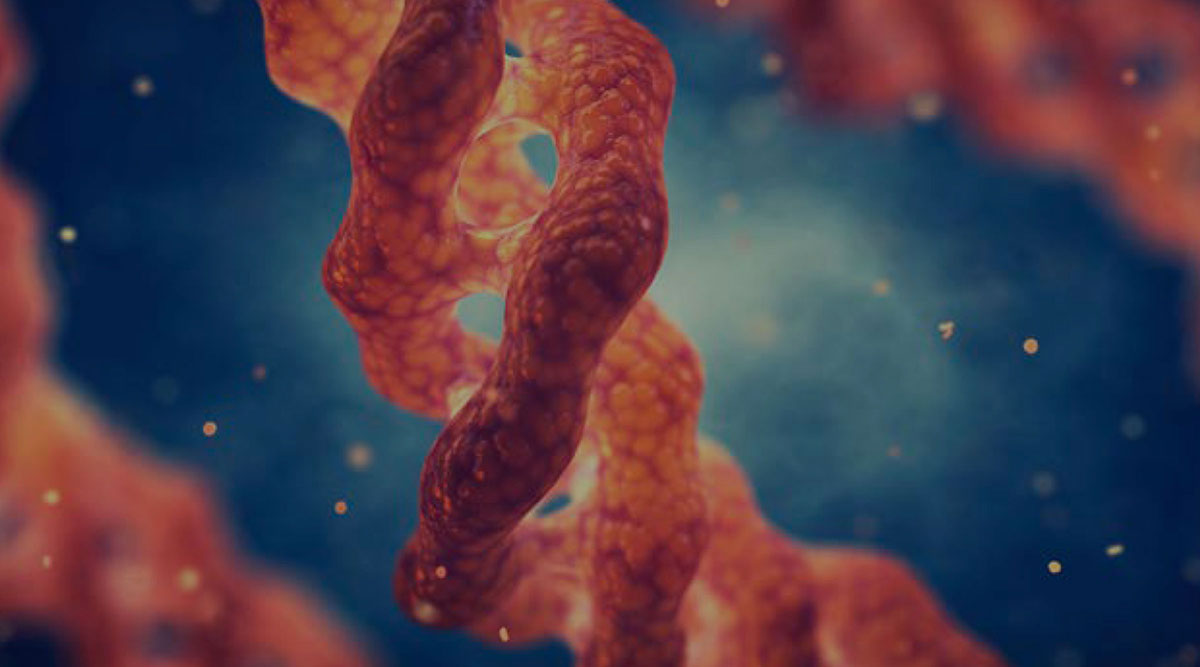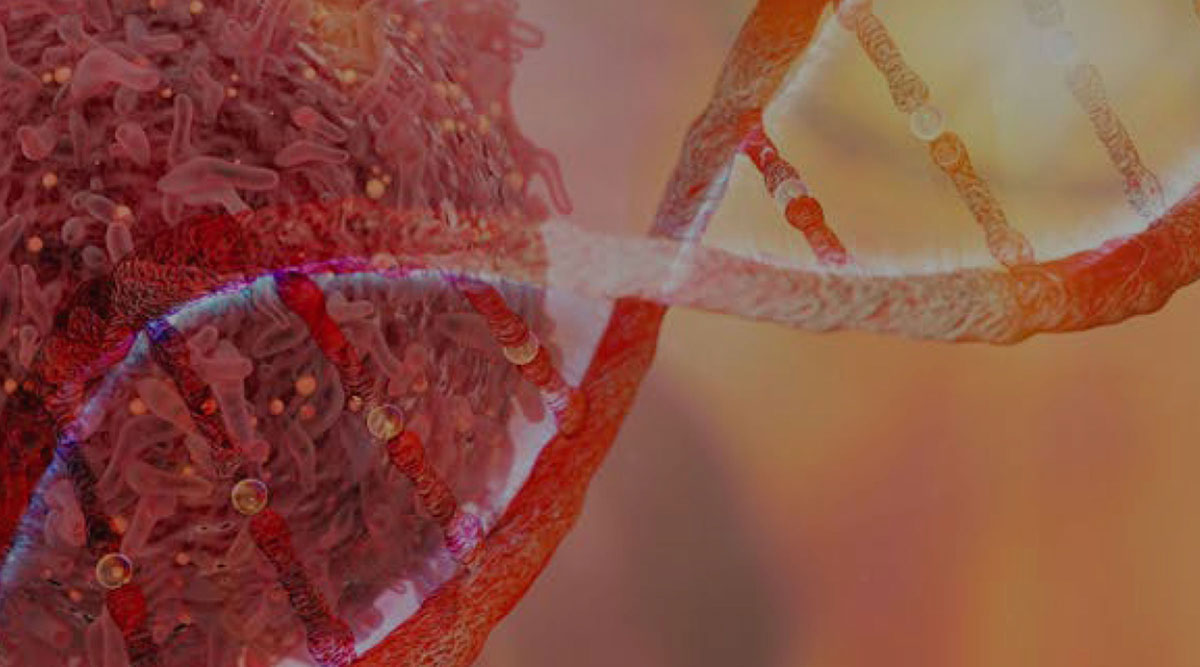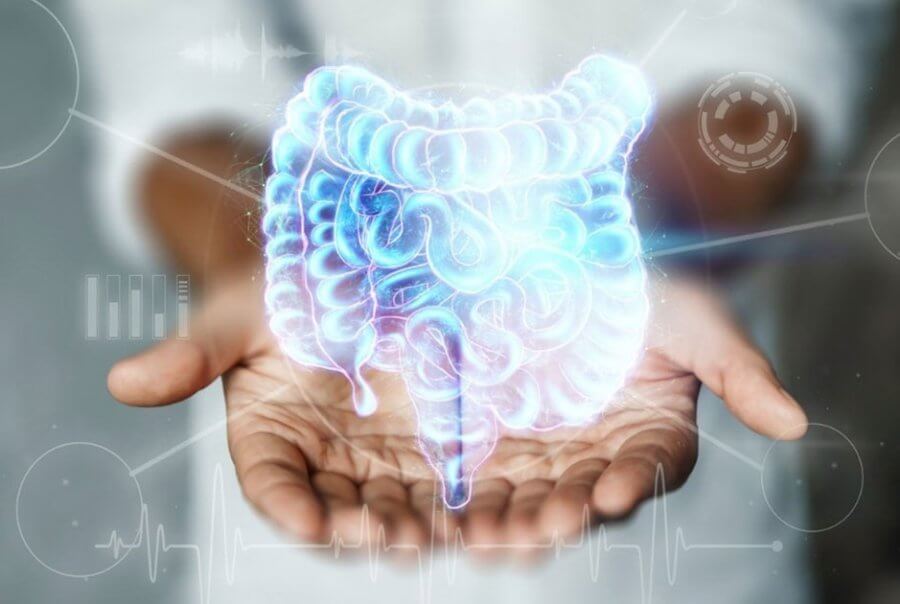CONVEGNO NAZIONALE – Milano, 10 Aprile 2024
La prevenzione personalizzata dei tumori: “intercettare” i fattori di rischio
About Bioscience Foundation
Where Hope Begins and Cancer Ends
Since 2005, at the BIOSCIENCE FOUNDATION we believe that the key to a world without cancer lies in understanding its root causes and advocating for preventive strategies. We’re dedicated to pioneering research, education, and advocacy in the realm of cancer prevention, striving every day to protect future generations from the pain and suffering caused by this disease. Our MISSION is to shift the cancer prevention testing paradigm from early detection to cancer driver interception. On the global market, we want to introduce methodologies and services able to identify the physiological conditions that drive solid tumor development in symptom-free individuals. To do so, we will leverage our AI-based monitoring program to screen for cancer driver conditions, and we will commit in our tool optimization for high levels of accuracy and sensitivity. We will focus first on colorectal cancer to prove the methodology’s principle, fine-tune our approach, and raise awareness about the potentialities of the Cancer Driver Interception. We firmly believe that, in the near future, HELIXAFE will become the scientific preventive tool for any solid cancer, in support of the current general suggestions of a healthy lifestyle.
Cancer Prevention Education
Cancer prevention education as an approach over early detection represents a significant paradigm shift in oncology.
While early detection can catch cancer in its initial stages, the disease has already formed. Cancer driver interception has the potential to prevent the disease from even starting, leading to true prevention.
Treating established cancers, even at early stages, can be complex and expensive. By focusing on interception, one can potentially avoid the challenges and costs associated with surgeries, radiation, and chemotherapy.
Many cancer treatments, even if effective, come with side effects and can affect the quality of life. Preventing cancer altogether would avoid such morbidities.
Interception targets the root causes or drivers of cancer. By doing so, there’s a potential to significantly reduce the risk of recurrence, as the foundational triggers are addressed.
The psychological, physical, and financial toll of a cancer diagnosis, even if detected early, is immense. Interception can result in significantly improved patient outcomes across these dimensions.
Understanding and targeting cancer drivers can lead to more personalized therapeutic interventions. Such targeted treatments can be more effective and present fewer side effects than traditional broad-spectrum therapies.
With the advancements in genomics, proteomics, and bioinformatics, we are now at a point where it’s feasible to identify and understand cancer drivers at a molecular level. This was impossible a few decades ago, making interception a timely and cutting-edge approach.
While early detection methods might vary greatly across different cancers (e.g., mammograms for breast cancer, colonoscopies for colorectal cancer), understanding fundamental cancer drivers might offer insights applicable across multiple cancer types.
The push towards cancer driver interception indicates the evolution of our understanding of cancer. It signifies a move from treating the symptoms (the tumors) to addressing the underlying causes (molecular drivers).
Our Research
Cancer driver interception: here is where real prevention starts
The cancer driver conditions are genomic instability, chronic inflammation, intestinal dysbiosis, and imbalance of the intestinal bacterial flora (microbiome). Genomic instability is the main driver because it is the consequence of the progressive accumulation of somatic (acquired) mutations in the DNA, that occur when tumor suppressor genes interrupt their function of repairing the damage that the DNA itself undergoes. DNA receives several thousand lesions daily, that are repaired by tumor suppressor genes. If these genes stop working and no longer repair the damage, then somatic mutations are formed progressively. The progressive accumulation of somatic mutations is an indicator of the inactivity of tumour suppressor genes. This is done by sequencing the circulating free DNA (cfDNA-Liquid Biopsy) obtained from a blood sample. The other driver conditions of the development of solid tumors, are the level of systemic inflammation, the balance of the immune system, and of the intestinal bacterial flora.






